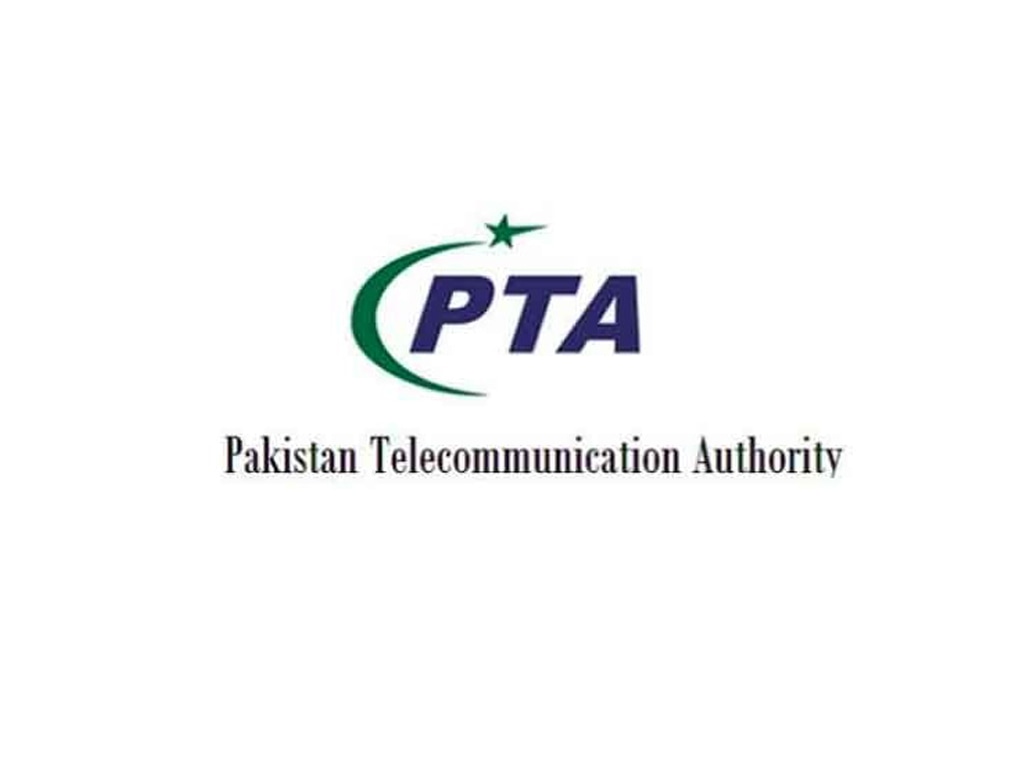Pakistan Unveils “Smartphones for All” Program to Bridge Digital Divide
In a bold step toward digital inclusion, Pakistan’s federal government has launched the “Smartphones for All” initiative, aimed at making smartphones more accessible to millions who remain offline despite mobile penetration surpassing 75%.
Announced by Federal IT Minister Shaza Fatima Khawaja, the program is now in its final stages of implementation. It offers interest-free installment plans for smartphones valued up to Rs100,000, allowing citizens to purchase devices without bearing the full cost upfront.
What is the “Smartphones for All” Initiative?
A joint venture between the Ministry of IT, the Pakistan Telecommunication Authority (PTA), and local telecom companies, this initiative provides:
-
Interest-free installment plans up to 12 months
-
Low down payment requirements
-
Eligibility through a valid CNIC
This strategic effort aims to connect underserved communities with digital platforms, e-learning, online banking, and remote job opportunities—especially vital for low- and middle-income citizens affected by inflation and unemployment.
READ MORE: iPhone Prices Remain Sky-High in Pakistan — April 2025 Rate List & Installment Plans
Why the Policy Matters
Smartphone ownership is directly tied to digital literacy, economic mobility, and access to essential online services. For Pakistan’s population of over 242 million, affordable smartphones can be a game-changer—particularly for freelancers, small business owners, and rural entrepreneurs reliant on apps like WhatsApp Business, Daraz, and Upwork.
By easing the financial burden of mobile ownership, the government is enabling broader participation in the digital economy.
Broader Digital Transformation Goals
The smartphone scheme complements the government’s ongoing digital agenda, which includes the expansion of the Universal Service Fund (USF). So far, the USF has connected 30 million people in underdeveloped areas, and a Rs23 billion allocation for 2025 is set to boost these efforts.
Other flagship initiatives include the Laptop Distribution Program, through which over 1.2 million students have received devices, and the Smart Villages Project—developed with the International Telecommunication Union (ITU)—which delivers e-learning, telemedicine, and agricultural support to remote communities.
The program’s official launch date will be revealed soon. Key partners are expected to include leading telecom companies and smartphone brands focused on affordability and durability.
Once live, the initiative is projected to see high adoption, particularly in regions with lower digital penetration. By removing affordability barriers, the “Smartphones for All” scheme is set to empower millions and could serve as a digital inclusion model across South Asia.



